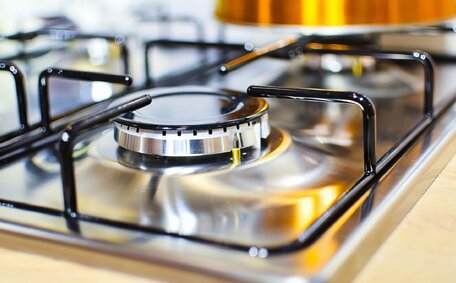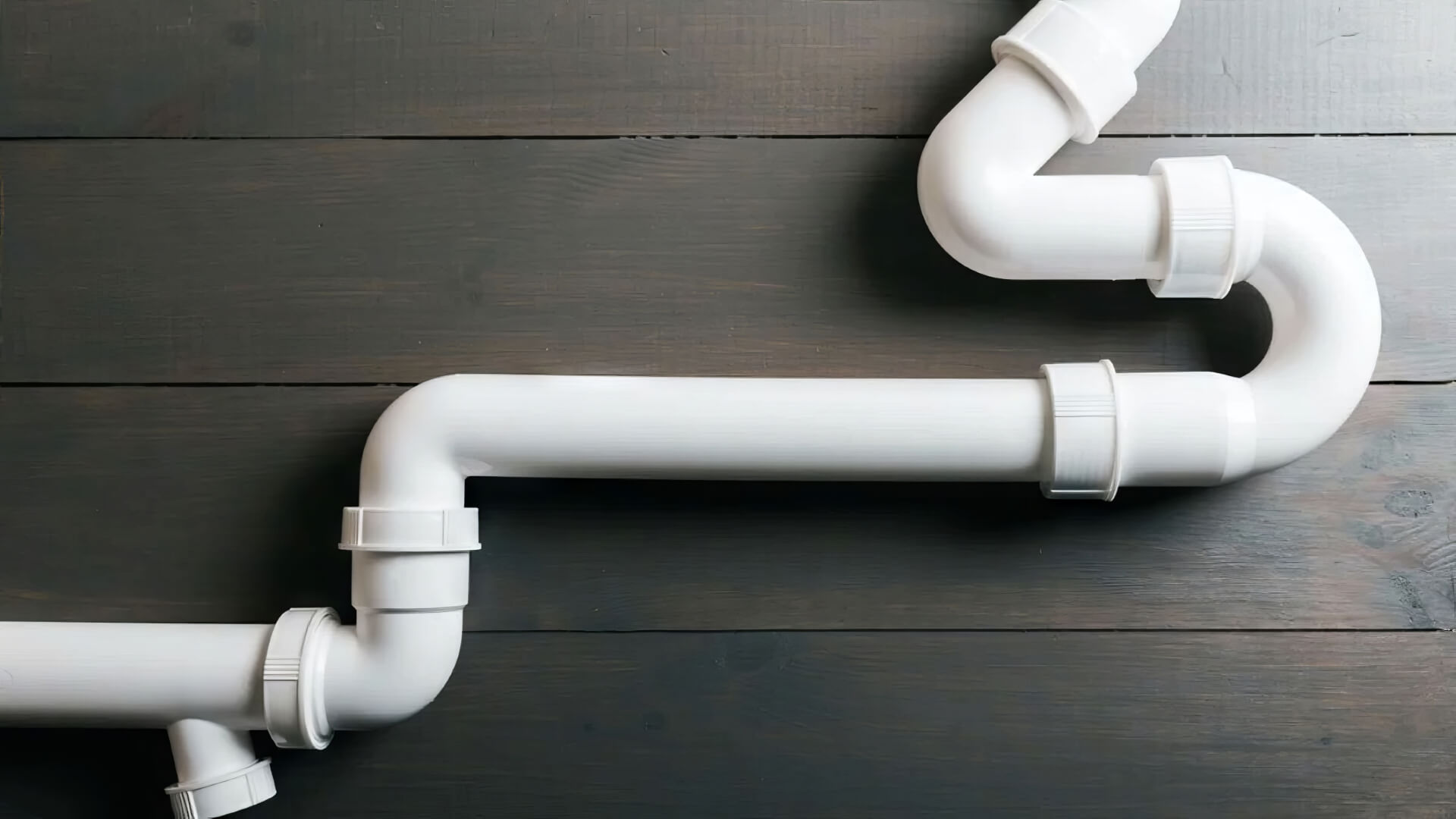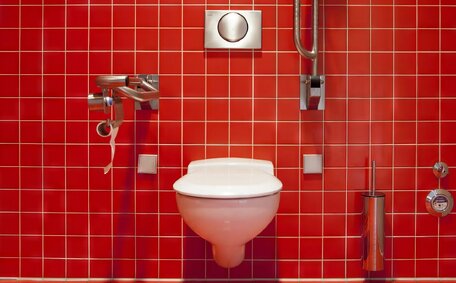Navigating Gas Work Certification in Sydney
In Sydney, possessing the right certification is not only critical for gas fitters but also a legal requirement. Gasfitting involves installing, maintaining, and repairing LPG systems, natural gas lines, and appliances in residential and commercial settings. Without the proper qualifications, performing mechanical services relating to gasfitting can compromise safety and breach regulatory compliance, particularly within residential gas systems.
It is a requirement by law in New South Wales that all individuals performing gas work are certified. Obtaining a gas compliance certificate guarantees that licensed gas fitters possess the necessary competencies and skills.
Other requirements may cover additional licences for activities such as working heights while conducting gas test atmospheres in a confined space.
This article provides a comprehensive guide on the certification process for professionals handling gas appliances within the network. We’ll explore the requirements, training modules, licences, and the critical role of certifications in detail. Genuine credentials are a reflection of a gas fitter’s skills, providing consumers with the confidence to utilise their services.
Mandatory Certifications for Conducting Gas Work
To legally perform gas fitting work, a seasoned professional must hold the mandatory Certificate III in Plumbing (Gas Fitting) (CPC32720). This certificate iii plumbing qualification establishes competency in areas like type gas appliances installation, repairing gas leaks, testing and commissioning gas systems, and ensuring a hot water system maintains optimal performance.
Professionals requiring medical gas work expertise must meet additional quotas under the NSW Gas Supply (Safety and Network Management) Regulation 2013. They must complete a Restricted Certificate of Competency with a licence restricted to medical gas pipeline work.
Completing specific units within the Certificate III qualification is necessary to obtain the restricted certificate. Technicians must also accumulate practical experience, typically over two years, and secure the required certificate to authorise the installation, servicing, or verification of diverse gas pipeline systems, including those for medical uses.
All gas fitters must engage in certification renewal every 5 years. This involves completing units of competency like the CPCPGS3044A Service Type B gas appliances and CPCPGS3045A Install Type B gas appliance flues to demonstrate ongoing competence.
Appropriate credentials are essential for gas fitters to safely repair gas utilities and remain compliant with current regulations. Certification also helps make sure of certificate compliance, providing peace of mind for consumers engaging tradespeople for a professional gas service of their gas systems.
Importance of Proper Certification for Gas Safety
Proper certification is crucial for gas safety. Faulty or improperly installed systems can create hazardous conditions, leading to gas leaks, explosions, fires, and exposure to carbon monoxide.
Certified gas fitters are comprehensively trained to work in confined spaces around gas heaters and are assessed to ensure their skills and knowledge align with industry benchmarks. Certified gas fitters have verified expertise in the maintenance and safety of connected gas networks:
- Safe and accurate handling and testing of gas-related equipment, including ovens
- Compliance with gas installation regulations and Australian Standards
- Identifying and mitigating risks
- Ensuring that every water and gas-fired system is rigorously tested for compliance and is leak-proof
Consumers should always hire certified professionals for restricted service gas work. Their certifications substantiate our team’s expertise, verifiable online, attesting to our dedication to exceptional plumbing services and accurate gas fitting solutions. Given that unqualified individuals might not recognize potential hazards or adhere to technical gasfitting requirements, it’s prudent to call us for expert aid.
For any gas systems, including complex medical ones, additional specialised certification provides assurance and validates advanced technical skills. Given the risks associate with faulty gas systems, holding the proper credentials is indispensable for consumer safety.
Step-by-Step Process to Obtain Certification
Pursuing a career as a qualified Sydney plumber specialising in gas requires the following key steps:
- Gain prerequisite skills and knowledge by completing the pre-training for the CPC32720 Certificate III Gas Fitting. This involves both theory and practical components.
- Enrol in a registered training organisation (RTO) that offers the CPC32720. Undergo both theoretical and workplace-based training, which includes Certificate IV components, over a period of 12-18 months.
- Complete a minimum of 120 hours of work placement under supervision to hone your skills.
- Pass assessments in 20 different units of competency, covering crucial aspects including gas safety, appliance installation, and comprehensive testing protocols.
- Advance through the application process with NSW Fair Trading for a gas work licence, which includes paying an application and licence fee totalling AUD 263.
- Secure a copy of the certificate displaying a unique licence number that is vital for adherence to compliance standards.
- Renewal of certification, including for areas such as renewable energy, is required every five years through completion of competency units and ongoing professional development.
Following these steps ultimately leads to acquiring the mandatory certification to lawfully undertake gas work. Renewing credentials periodically ensures gas fitters demonstrate ongoing competence.
Legal and Regulatory Bodies Governing Gas Work
There are several key organisations that govern gas work qualifications and compliance in New South Wales.
NSW Fair Trading
NSW Fair Trading oversees the licensing system for gas fitters under the Home Building Act 1989. They enforce regulations, ensure consumers are protected, and oversee disciplinary issues.
All gas fitters must apply to NSW Fair Trading for a work licence, licence restricted to certify their authorisation for performing specialised tasks. Fair Trading maintains a public register of licenced gas professionals.
SafeWork NSW
SafeWork NSW governs work health and gas plumbing safety laws, including regulations for hazardous chemicals and dangerous goods. They provide guidance to ensure gas work meets safety standards.
Technical Regulatory Division
The Technical Regulatory Division oversees gas technical regulation and guarantees consumer safety in the complex licensing process. They offer more information through resources on the latest gasfitting legislation and Australian Standards.
These and other government agencies work to uphold quality, safety, and competency standards for gas work. Certification serves as proof that fitters have met regulated training and assessment criteria.
Maintaining Certifications Through Ongoing Training
Gas fitters must continually refresh their skills and knowledge to stay current. Certification renewal every 5 years provides an opportunity to confirm ongoing competence.
There are various training options to assist qualified gas professionals maintain certification:
- Short courses: These sessions provide updates on new gas technologies, standards, legislative changes, and advancements in safety practices such as first aid.
- Workshops offer hands-on training that reinforces technical skills such as testing procedures and commissioning complicated gas systems.
- Face f2f learning, while eLearning offers flexibility, tailored modules can enhance understanding of gas codes, compliance necessities, and adept risk management.
- Industry events: Seminars and conferences enable networking while learning about innovations.
Issuing a statement attainment is part of renewing credentials, which necessitates recording professional development and practical experience to showcase a robust track record of expertise. This validates that expertise is current based on industry advancements.
Ongoing education ensures regulatory compliance and superior quality of plumbing services. Consumers can be confident that certified gas fitters prioritise safety, demonstrated by their commitment to regular training.
\ - Short courses: These targeted sessions cover new techb>Workshops:
\ - Online learning:
\ - Industry events:
\
Responsibilities and Limitations of Certified Gas Workers
Certified gas workers have clear responsibilities to provide first-class service, always cognizant of the limitations set by their credentials. Their core responsibilities are to deliver top-quality service and ensure:
- Complying with safety laws, regulations, and standards
- Only performing work they are qualified and authorised to undertake
- Conducting certificate inspection and issuing compliance certificates upon job completion
- Using proper gasfitting materials, tools, and personal protective equipment
- Staying up-to-date on the latest rules, codes, and industry advancements
The scope of work certified gas fitters can legally perform includes:
- Installation and repair of gas system lines, appliances, flues, and control equipment
- Conducting gas leak tests and certifying the safety of gas systems
- Decommissioning unsafe gas installations
- Issuing Gas Compliance Certificates
Without proper credentials, gas workers cannot undertake complex or risky tasks like:
- Servicing Type B gas appliances
- Direct supervision of other workers
- Working on gas systems in hazardous areas
- Altering/extending gas pipework
- Commissioning medical gas work in pipeline systems
Undertaking gas work outside one’s authorised scope can lead to significant legal consequences and safety risks. It’s crucial for consumers to check the certification status of gas professionals before hiring them.






